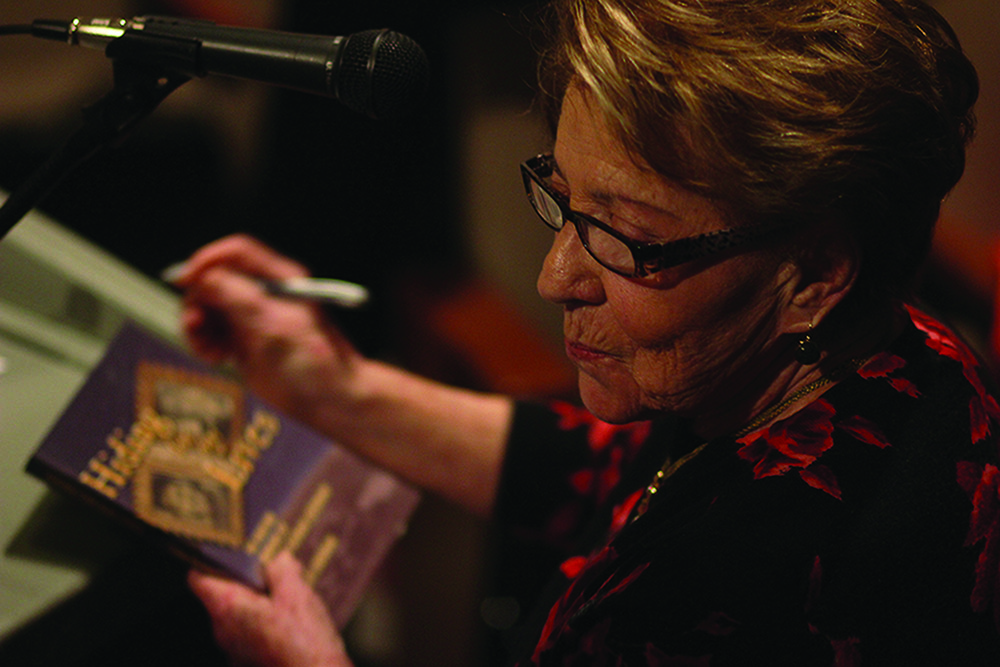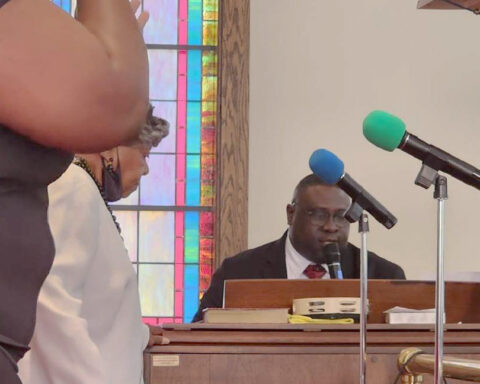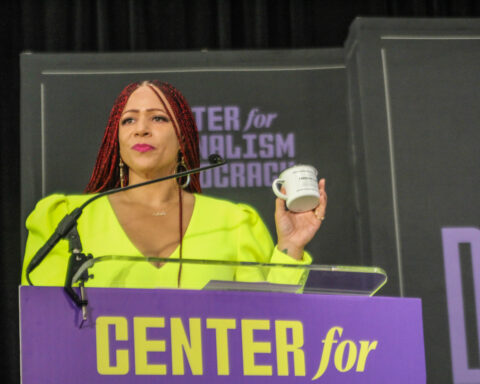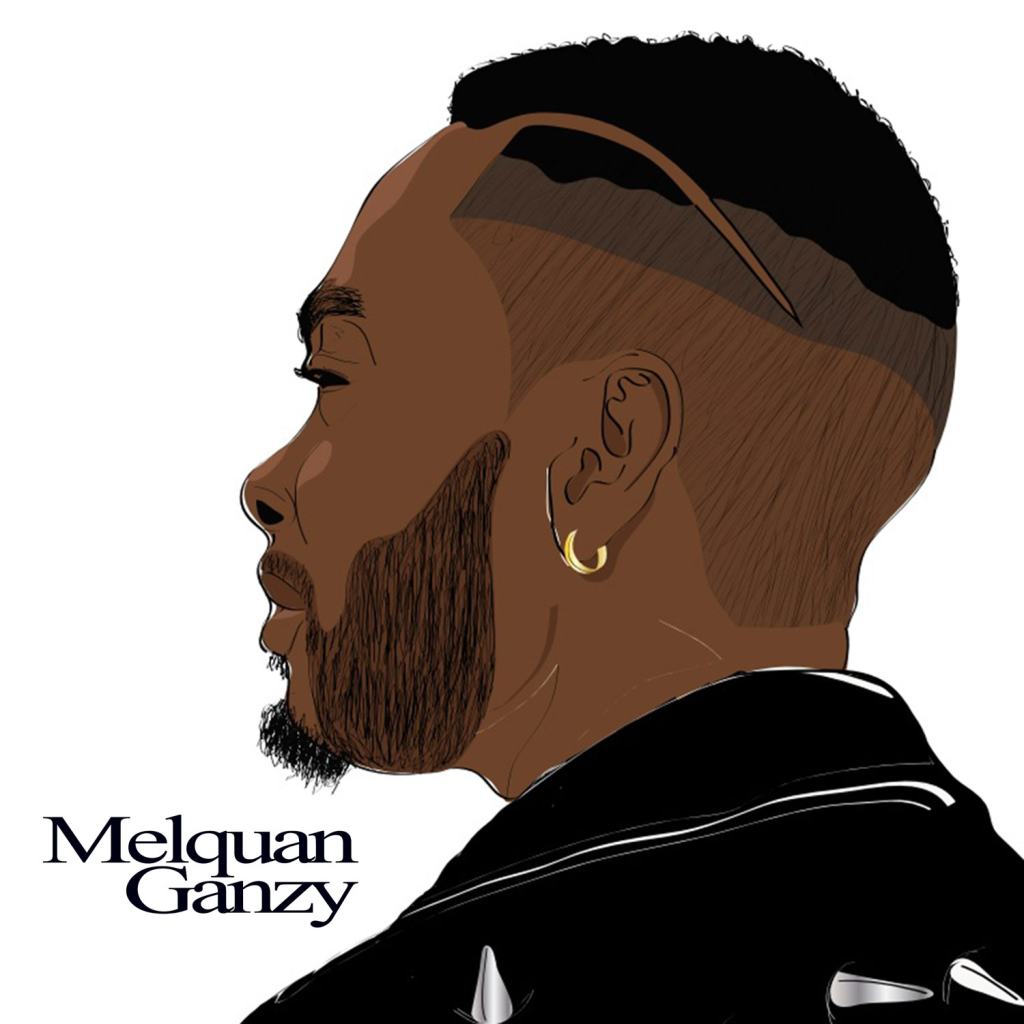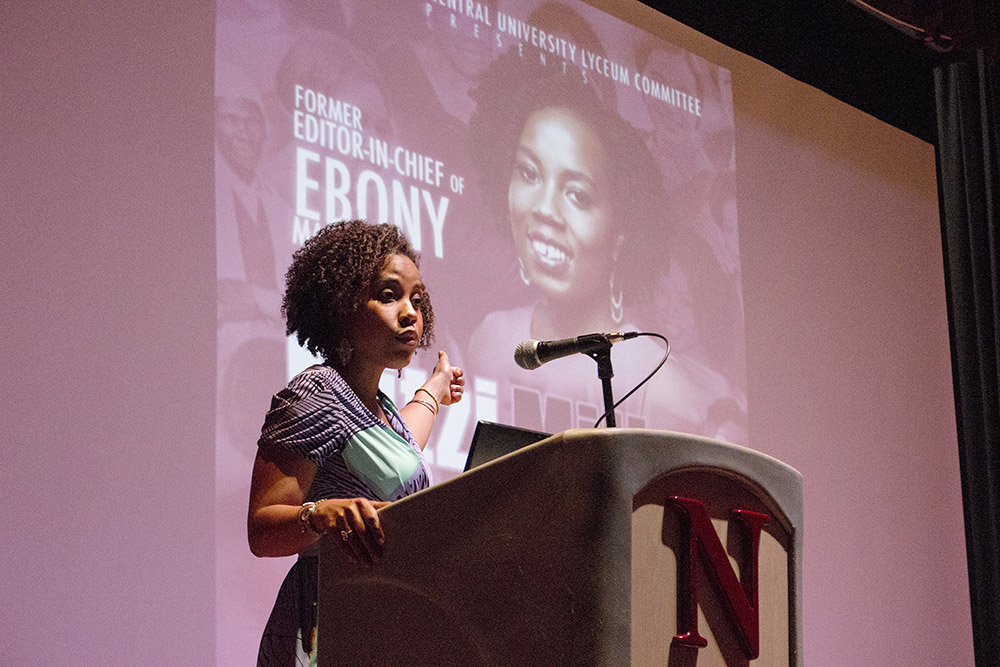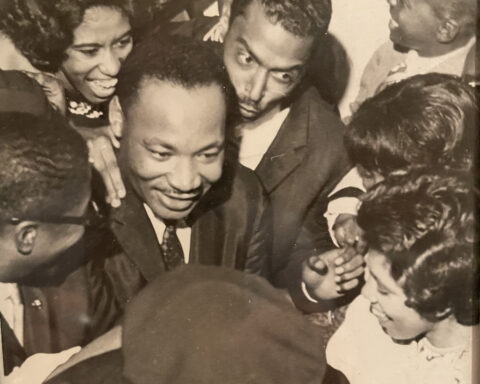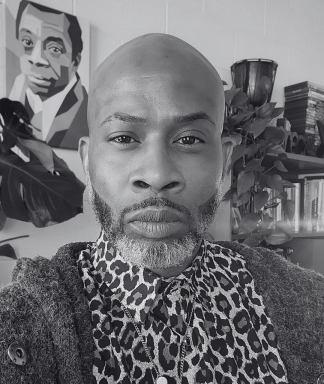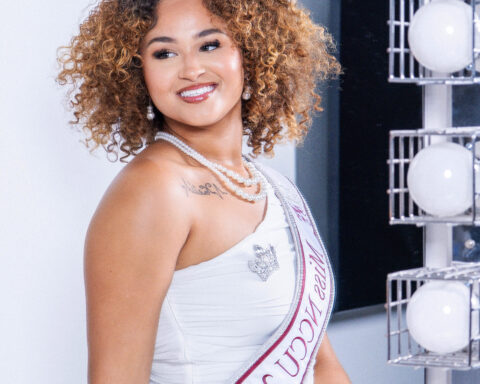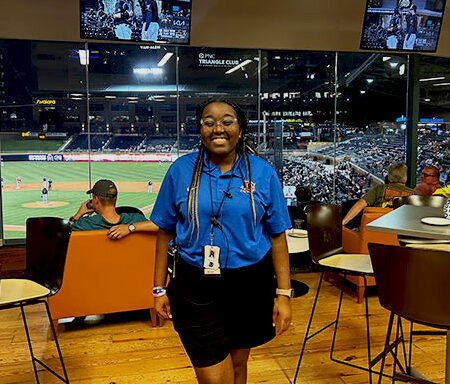Most teenagers’ worries center on school, love and socializing. But Esther Ledermen spent her teenage years worrying about death. Lederman, a 90-year-old Holocaust survivor, recounted her story to students, faculty and staff Tuesday as part of Women’s History Month and a segue into Holocaust Remembrance Month in April.
Lederman’s speech included a showing of the documentary “Hiding for Our Lives: Esther Lederman’s Story,” originally presented at the Center for Holocaust, Genocide and Human Rights Education of North Carolina. She came to campus as a speaker for North Carolina’s Holocaust Speakers Bureau. Born May 3, 1924, Lederman grew up in Lodz, the second largest city in Poland, where she and her younger sister went to a Jewish private school. “We were carefree and careless, and we were just typical teenagers and we wanted to have a good time,” Lederman said in the documentary.
Lederman spent most of her free time figure skating. She said she had a wonderful life, a life that she thought would never end. The life she knew came to a close on Sept. 1, 1939, when the German army invaded Poland, beginning World War II. In the documentary, Lederman said the Germans were initially polite but began to show their true colors days after arriving. “They would catch Jews with beards, cut them or pull them out,” she said. “They would take men, mostly men but women too, to do demeaning work in the streets.” Jewish people were forced to pick up horse droppings by hand, clean the streets with toothbrushes or carry heavy loads, among other degrading work.
Lederman told audience that even though it was right in their face what was happening, the Jewish people she knew tried to deny it. “We all felt very anxious,” she said. “But somehow in the back of our minds we could not accept it. “We saw there was more hunger, less food and more raids for labor in the harshest of conditions.”
Lederman said they were forced to pay fees even though they worked unpaid jobs and that their belongings including jewelry, coats and radios were taken. “The Germans took everything.” Lederman said many young people wished to start an uprising but were prevented from doing so because they had no guns and ran the risk of causing the entire town to be punished if they protested. In Czechoslovakia, she said, some Jewish resistance fighters killed a German soldier.
“They took the whole village – men, women and children – and slaughtered them.” In Dec. 1939, Lederman’s family evacuated Lodz and fled to her uncle’s home in the small town of Chmielnik. There, she met Ezjel Lederman, her future husband. When the Germans came to the town, Ezjel’s family left to go into hiding with a Catholic family called the Zals. After nearly being sent to a concentration camp along with her father, Lederman left her family to go ask the Zals if they could hide out with them. Lederman would never see her mother and sister alive again. Even though it was illegal to house Jews, the Zals allowed Lederman to stay with them and Ezjel’s family in a 10-by-10 attic.
Lederman said that despite the severe circumstances and fear of being captured, she had to keep hope alive. “I had to keep them smiling,” Lederman said. “If you have no hope, there’s no life.” In August 1943, Lederman’s hope paid out when Soviet soldiers came to liberate the Jewish people that were in hiding. Lederman was reunited with her father by chance on Aug. 3, 1945 when she went to pick up food from a bakery. Lederman eventually went on to marry Ezjel and the pair immigrated to the U.S. on July 21, 1949.
Lederman now lives in Chapel Hill where her daughter also stays. Lederman told the story of when she worked in her husband’s office for blood chemistry. She said she learned a valuable lesson working with different races and ethnicities. “The funny thing was all the blood was red. So why do we make such differences?”
Story by Alex Sampson ~ Campus Echo/Assitant Editor

